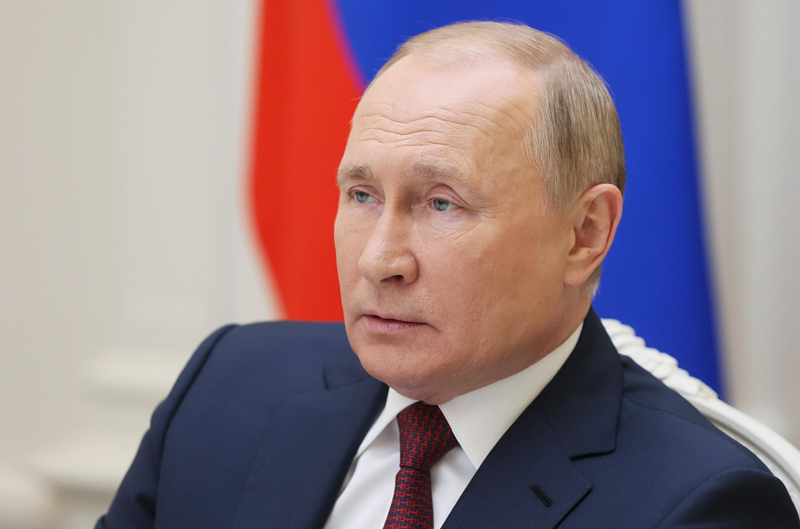The Biden administration won’t sanction Russian crude oil because that would harm U.S. consumers and not Vladimir Putin, a U.S. State Department official said Friday.
“The sanctions will not target the oil flows as we go forward,” Amos Hochstein, the State Department’s senior energy security adviser, said in an interview on Bloomberg Television.
The remarks underscore the Biden administration’s approach to sanctions that are intended to maximize pain for the Russian president while minimizing the blowback for U.S. and European consumers.
“If we target the oil and gas sector for Putin, and in this case the Russian energy establishment, then prices would spike. Perhaps he would sell only half of his product, but for double the price,” Hochstein said. “That means he would not suffer the consequences while the United States and our allies would suffer the consequences.”
Oil prices have already eased in response, Hochstein said, and the administration “can see prices go down from here.”
Oil prices topped $100 a barrel for the first time since 2014 following Russia’s invasion on Ukraine on fears that the move would lead to harsher sanctions from the West. But those gains were mostly erased after Biden’s package of initial sanctions avoided the energy sector. On Friday, WTI slipped $1.10 to $91.71 a barrel while Brent crude dropped $1.69 to $97.39 a barrel at 10:05 a.m. in New York.
President Joe Biden and his Democratic Party already face political risks from record inflation that has spiked the costs of consumer goods from food to fuel. Last year, Biden authorized the release of 50 million barrels of crude from the U.S. emergency stockpile, and on Thursday the he pledged to discharge more of those supplies if needed.
Hochstein called the sanctions “significantly harder and harsher” than anything previously aimed at Putin, and said that they also have more international support.
He credited the administration’s efforts to persuade natural gas exporters and Asian allies to divert gas exports to Europe. That prevented Putin from timing “the invasion with rolling blackouts or economic distress in Europe,” Hochstein said. “And there’s enough natural gas supplies to get through the winter.”
